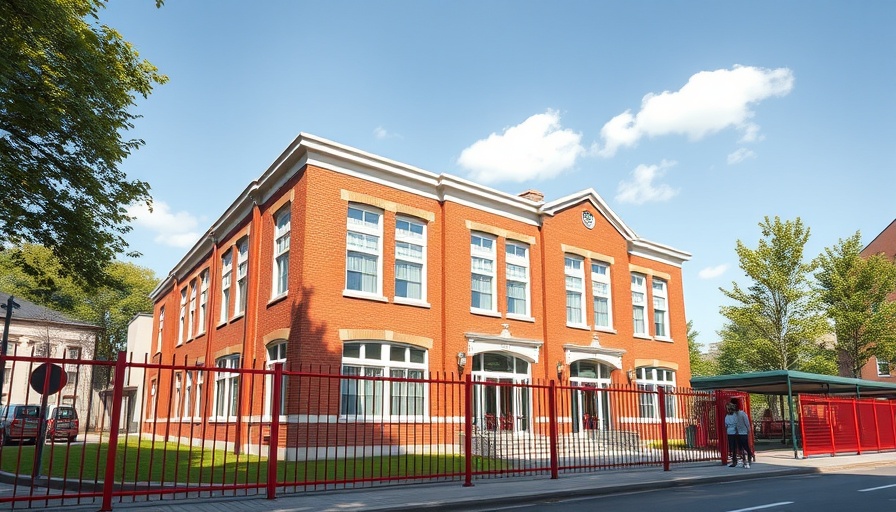
The Political Turmoil Unfolding in Ramotshere Moiloa
The recent political crisis in the Ramotshere Moiloa Local Municipality, marked by the African National Congress (ANC) removing three of its councillors, reflects deeper fissures within South African local governance. The rivalry between Itumeleng Moarabi and Dinah Pitso over the mayoral position has intensified following an incident resulting in shots fired at the municipal building. This alarming escalation underlines the urgent need for reassessment of how political ambitions can spiral into violence, affecting not just officials but the community trust in governance.
Historical Context: Polarization Within Political Structures
South Africa’s political landscape has been marred by factionalism in parties like the ANC, which has been a dominant force since the fall of apartheid. The removal of these councillors is not an isolated incident but part of a broader pattern of internal struggles within the ANC as it grapples with the realities of coalition governance. With the looming 2024 general elections and subsequent 2026 municipal elections, internal party dynamics are likely to continue to play out in public and contentious ways, raising questions about voter turnout and trust in the political system.
Coalition Governments: A Double-Edged Sword
The era of coalition governments, propelled by shifts in voter sentiment and the emergence of opposition parties such as the Democratic Alliance (DA) and the Economic Freedom Fighters (EFF), complicates decision-making structures. The ANC’s authority has been challenged as it navigates these turbulent waters, aiming to retain its power while managing competing interests. This realignment suggests a potential redefinition of power bases in local governance, which may lead to significant changes in electoral outcomes in the future.
Impact on Service Delivery and Economic Policies
These political upheavals have profound implications for service delivery at the local level, where stability is crucial for effective governance. Disruptions in governance often lead to neglect in critical areas such as education, health services, and infrastructure development, exacerbating the issues of youth unemployment and economic strife. Tensions at the Ramotshere Moiloa Local Municipality must not detract from addressing the pressing needs of the community, including racial reconciliation initiatives and economic reform.
The Role of Civil Society and Community Engagement
As the political landscape continues to evolve, the role of civil society and grassroots movements becomes increasingly important. They serve as intermediaries between the government and the public, advocating for transparency and accountability, and offering mechanisms for public engagement. The community’s response to the recent chaos reflects a need for impactful dialogues that can foster unity and address grievances productively rather than violently. The participation of civil society is essential in rebuilding trust and re-establishing a framework within which communities can be actively involved in decision-making processes.
Looking Ahead: A Call for Reform and Accountability
As the ANC prepares for by-elections scheduled for October 15, the party must gain insight from the recent conflicts and implement systemic reforms to avoid future crises. The effectiveness of anti-corruption measures, accountability mechanisms, and prioritizing public welfare should be at the forefront of discussions moving into the future. Furthermore, as South Africa approaches the 2024 and 2026 elections, there’s a crucial need for electoral reform that ensures fair representation and restores faith in governance.
Conclusion: Navigating Towards Solutions
The conflict at the Ramotshere Moiloa Local Municipality serves as a wake-up call for the ANC and other political entities in South Africa. The path forward requires not only cleaning house but also genuinely engaging with constituents to understand their aspirations and grievances. High voter turnout and active civil participation become more imperative than ever. To navigate these complex political waters, it’s essential that leaders from all parties prioritize constructive dialogue aimed at fostering stability, accountability, and genuine service delivery to communities.
 Add Row
Add Row  Add
Add 




Write A Comment